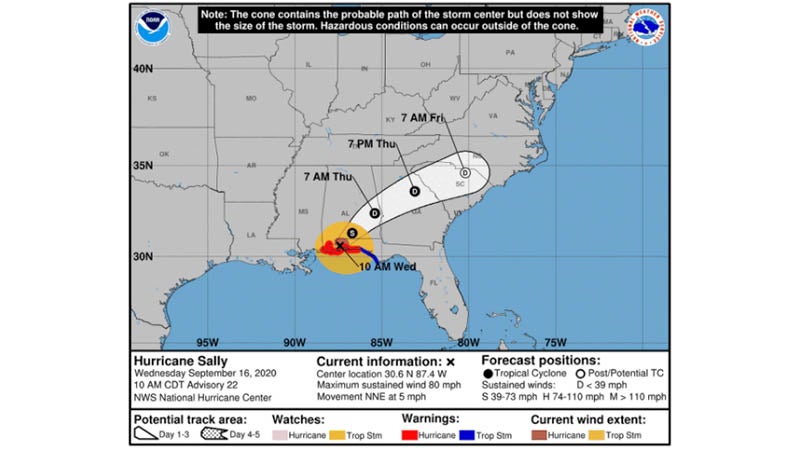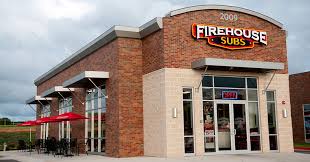Fate of DTF is unclear amid ADECA fund slashing
Published 12:02 am Wednesday, August 12, 2015
The fate of the 22nd Judicial Drug Task Force and the countywide war on drugs are unclear at the present.
The Alabama Department of Economic and Community Affairs (ADECA) has been slashing funding to the DTF and agencies like it throughout the state since 2011.
Still, agencies could face the most devastating blow yet, after ADECA announced it would award the drug agencies only 21.5 percent of the total dollar amount they collectively received in 2014.
ADECA has announced that it will slash the funding from more than 75 percent in 2014 to 30 percent or less this year.
In fact, Brian Forester, law enforcement programs supervisor for ADECA’s law enforcement and traffic safety division, said that agency will fund a maximum of 12 drug units, which is down from 28 in 2014, and would award a maximum of only $50,000 per agency.
In 2009, the task force received $265,000 in grant funds; in 2010 and 2011 it decreased to $132,165; for 2012 it received $98,000; and $64,214 for 2013.
District Attorney Walt Merrell said that last year, the funding payout was in the upper $50Ks.
The county and the cities of Andalusia and Opp also help fund the agency.
“It’s already boiled down to the point to where really all it’s doing is paying for the administrative assistant and paying the cost of the building and the utilities and the overhead of the office,” he said. “If we get that grant again, we should be fine. We may have to tighten the belt loop again, but we’ll be all right.”
But what if the local DTF doesn’t get the grant funds?
“Myself, the chiefs of Opp and Andalusia and the sheriff have already began undertaking discussions about that,” Merrell said. “We’re trying to collectively come to some kind of resolution so that the drug task force can continue even without the grant funding. Obviously, all those guys answer to a mayor or a commission as far as the financial.”
Sheriff Dennis Meeks, who is chairman of the DTF board, said they are kind of in a holding pattern waiting to see what happens.
“If we don’t get the grant, we aren’t sure we are going to have it,” he said. “We would have to take a look at what we could do, and I don’t know if we would be able to.”
Meeks said they’ve been dealing with this situation all year.
“We knew the cuts were coming,” he said. “We didn’t know how bad the cuts were going to be. We didn’t know if we were going to get funded. We still don’t know 100 percent what we are going to do.”
Merrell said right now they’re just talking cost.
“To successfully run a drug task force unit, you need some isolation, some privacy, when it comes to the office location. We are looking for a building that is owned by one of these government agencies that we can use for free.”
Both Meeks and Merrell agree that DTF is vital to the community.
“In my opinion, they’re incredibly important,” Merrell said. “What I think most people overlook, is the way that the narcotics industry works in Covington County or any other county. It is organized crime. It knows no geographic boundaries. Just because one guy lives in Andalusia doesn’t mean the drugs that he’s bringing into town aren’t finding their way to Opp or Florala. If we want to effectively combat the heavy, narcotic and drug trade in county, we have to have a multijurisdictional effort.”
Meeks said it’s important.
“Drug Task Force is very important,” he said. “It’s of the ultimate importance. We need to fight the drug crime in this county.”
Merrell said there has been some talk that the four agents – one from Andalusia, one from Opp and the two from the county, can be made to go back to their respective departments.
“The departments can share information,” he said. “There’s nothing erroneous about that. That’s short-sided. The fact of the matter is that when an informant walks into the Andalusia office, Opp may know details about that informant right then and there that aren’t available to Andalusia because they’re not together.”
Merrell said there’s a tremendous benefit to the DTF staying together in a central location, working out of a central office.
“If we don’t police across geographic lines, then we’re not properly addressing the way the drug enterprises operate in this county.”




